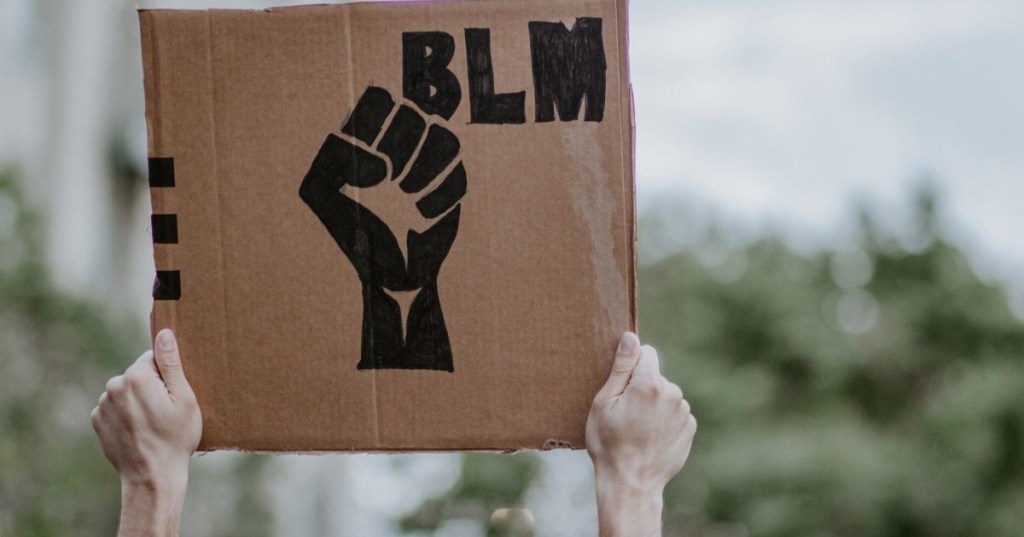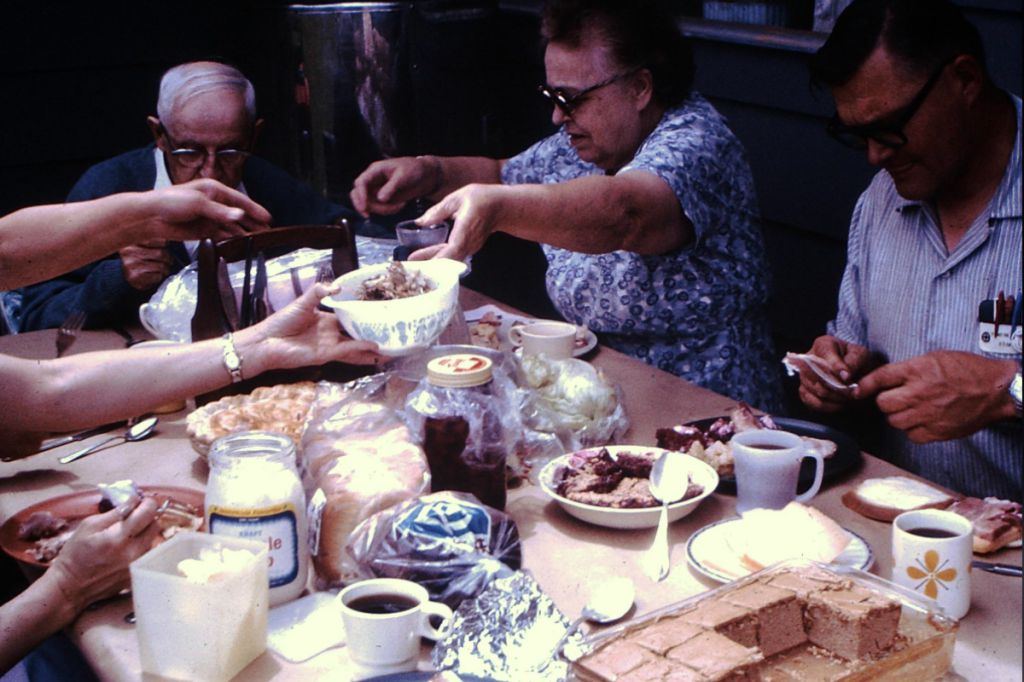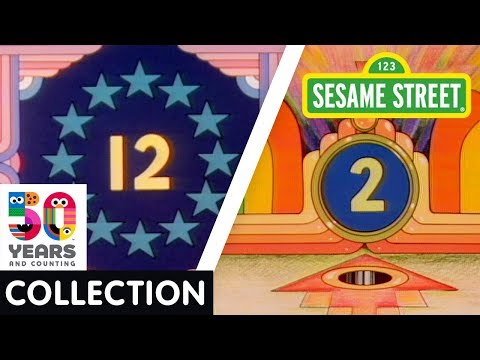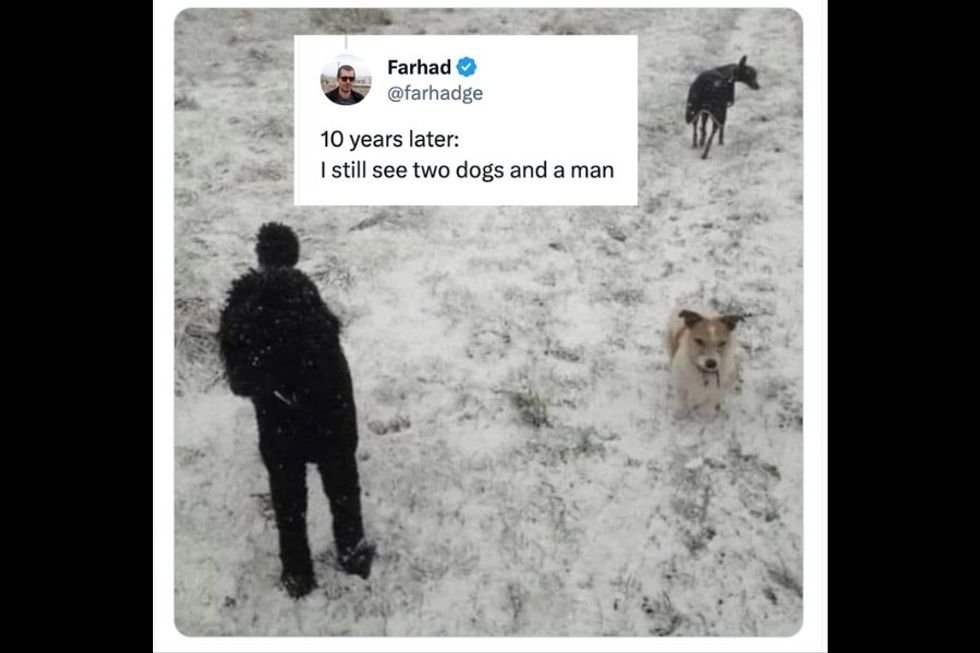Oh, Selah. It’s been a long time, but it’s clear that not much has changed.
My husband grew up in Selah, a rural town of 8,000 people scattered outside of Yakima, Washington. There was one black kid in his entire high school, who ended up leaving because they were so ostracized by the other kids. My husband was once called “white n-word” for standing up for a Mexican kid whose family were migrant workers in town. That was more than 20 years ago, but it’s helpful background for this story to make sense.
There are people with diverse viewpoints even in the smallest of towns, of course, and Selah is no exception. According to the Yakima-Herald, a Black Lives Matter rally took place in the town over the weekend, attended by more than 150 people.
One attendee was a Yakima city council member, who encountered Selah city administrator, Don Wayan, at the rally. Wayman apparently made a comment equating BLM with communism, and allegedly implied that there would be no trouble at the rally because of the high percentage of Selah citizens having concealed carry permits. Reports of his statements prompted letters to the city and an official statement that Selah city council member Kevin Wickenhagen felt compelled to write in response.
You can read the whole statement here, and it’s…well, it’s a doozy. But I’ve pulled some highlights to address. (Please note, I’m copying the passages exactly as they are written, so any grammatical errors—because there are some—are not my mistyping.)
After thanking people for expressing themselves to the city, Wickenhagen wrote that he had “done some research” on Black Lives Matter, then wrote:
“It is my belief that some people participating in the march and supporting the march are without an understanding of the underlying principles of the Black Lives Matter movement.”
Well that’s not condescending or anything. What, pray tell, does he think people think they’re supporting? We’ll get to that momentarily.
“First, though, I’d like to address the accusation that Mr. Wayman was intending to intimidate the BLM protestors by mentioning many people in Selah have carry conceal permits. Everyone needs to understand, the rumors of violent outbreaks in rural areas and suburbs were quite prevalent leading up to the march. One doesn’t have to look very far West to see what happens when people with unhealthy motives use a peaceful march as camouflage to instigate violence and vandalism. Selah police and Mr. Wayman would have been remis in their duty to protect the citizens and businesses had they not prepared for such a possibility.”
Umm, I hate to break it to you, but the ANTIFA boogeymen that alt-right social feeds were foaming at the mouth about were never, ever, ever going to show up in “rural areas and suburbs,” and especially not in Selah. Anyone in Selah who thought that was actually a possibility needs to get out of Selah more often. Good gracious.
And we’re not even to the good part yet. Here we go:
“Regarding Mr. Wayman’s statement about BLM being based on Neo-Marxism. Frankly, I had to do some research on Neo-Marxism. Explaining Neo-Marxism isn’t an easy philosophy to explain, but I found this online in the Urban Dictionary when comparing Marxism to neo-Marxism. “Instead of the dichotomy being between wealthy and poor (ie Marxism), it is between successful and unsuccessful demographics. Neo-Marxists divide all demographics (white, black, asian, male, female, gay, straight, etc) and place them in a hierarchy of oppression as determined by how successful that demographic is.” Using that statement as a basis, and reviewing BLM’s own website, BLM policies fall well into Neo-Marxist philosophy. Whether or not being called a neo-Marxist is seen as a negative would all depend on your point of view.”
Hoo boy. Urban Dictionary?! Really??
For those who are uninitiated, Urban Dictionary is a crowdsourced site for slang definitions, a large percentage of which are joke definitions. Seriously. Anyone can post a definition there. I could go on Urban Dictionary right now, type in “Selah” and write “hick town that wouldn’t recognize a Marxist if Karl Marx himself slapped it in the face” and it would be put in as an entry.
I mean, look:
I just Googled “Neo-Marxism” and had to jump over several perfectly legitimate pages like Encyclopedia Britannica, Science Direct, and the Oxford dictionary before I got to the Urban Dictionary entry (and if you know anything about Neo-Marxist philosophy, it’s easy to see that the Urban Dictionary definition is purposefully inflammatory).
And I’m not even getting into what else Urban Dictionary is commonly used for. Citing Urban Dictionary in an official statement is laughable and embarrassing, but unfortunately not surprising, all things considered.
“As to Mr. Wayman’s opinion of the march sounding like Communist Indoctrination. BLM has a plan they call ‘A Vision for Black Lives: Policy Demands for Black Power, Freedom and Justice,’. In that plan there are 6 core demands. The 4th core demand is, and I quote, ‘Economic justice for all and a reconstruction of the economy to ensure our communities have collective ownership, not merely access.’ That is a basic principle of communism. And again, if that is a negative or positive would all depend on your point of view.”
Wait, is this 2020 or 1920? Did we just skip back a hundred years to the first Red Scare? Are we really still doing the whole “commies” thing? Do you really not understand why the Black community might want “collective ownership, not merely access” in our country’s economy (which has been owned/run/dominated by wealthy white people for, like, ever—most of the time at the direct expense of Black people)?
Okay, one more paragraph to highlight:
“I have endeavored to pattern my view on race based on the words of Martin Luther King Jr. who dreamed his children wouldn’t be judged by the color of their skin, but by the content of their character. But that attitude no longer seems to fit in with current political climate. We are told we must end racism, but the very group that calls for it, calls special attention to it. We are told we must see everyone the same, but ‘all lives matter’ is insensitive. The same groups that calls for the end of racism request special resources for minority programs. It is a time where stating you’re not racist is immediately called into question and no amount of evidence seems to change minds, based on you’re the race of the person saying it.”
Aw, come on. It’s like a full Bingo card of white, willful mischaracterization of race issues. Selective MLK quote? Check. Believing that talking about racism perpetuates racism? Check. All Lives Matter? Check. Affirmative Action is racist? Check. Grammatically jumbled “I’m not racist” complaint? Check.
Selah, I know you have some progressive-minded people there. But if this is what your leadership is saying in official public statements, you haven’t come as far as I would have hoped since my husband’s childhood.
And while it’s easy to laugh at the ridiculousness of citing the Urban Dictionary, the Marxist/communist fearmongering, and the long-outdated double spaces between sentences, there are towns with leadership like this all over the U.S. That’s frankly a little terrifying.
The world is moving on, folks. Even in small towns. Time to catch up.






















